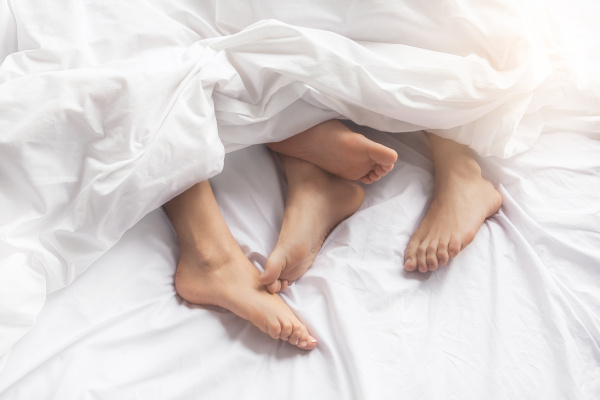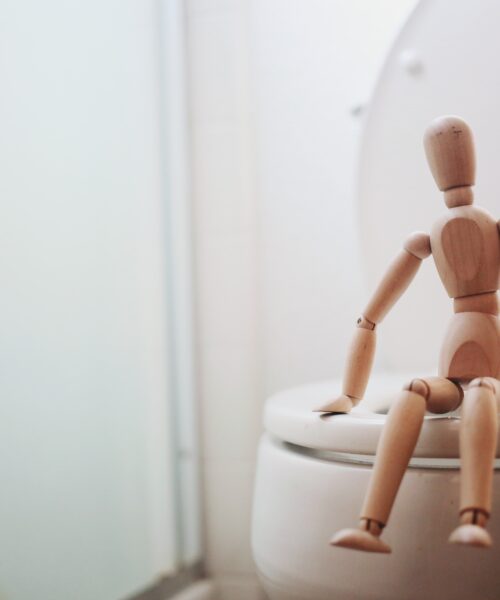In the landscape of good sleep habits, the act of forgoing pajamas during the nighttime hours may seem counterintuitive. However, an increasing body of research suggests that sleeping “au naturel” can offer a range of benefits for both physical and mental health.
Let’s start with the physical benefits. One of the most surprising relates to the body’s thermoregulation. During sleep, your natural body temperature tends to decrease. Wearing pajamas can trap heat, making it harder for the body to reach the optimal temperature for restful sleep. This could lead to sleep interruptions and diminish the overall quality of rest.
In addition to promoting better and deeper sleep, body cooling can have other benefits. A study published in 2014 in the journal Diabetes found that sleeping in cooler environments can improve metabolism and help prevent some chronic illnesses, such as diabetes.
As for skin health, sleeping without pajamas allows the skin to “breathe” more easily. This can be particularly beneficial in preventing infections like candida, which thrives in warm, moist environments.
Switching to psychological benefits, skin-to-skin contact, which can be facilitated by sleeping without clothes, is known to boost levels of oxytocin, often referred to as the “love hormone.” This hormone has a calming effect on the brain and can help reduce stress, anxiety, and depression.
Moreover, sleeping without pajamas can improve body perception and boost self-confidence. This can have a positive impact on mental health and emotional well-being.
Educating people about the practice of sleeping without pajamas may seem like a strange concept, but it can actually prove to be an important tool for improving sleep quality and overall well-being. Essentially, it’s about informing people about the benefits of this practice and helping them feel comfortable with the idea of giving up traditional nightwear.
Our education on this behavior can begin with a simple awareness of our bodies and their needs. We’ve grown up in a society that emphasizes the importance of nightwear, yet we rarely reflect on why we do it. Reconsidering this habit allows us to reconnect with our bodies and listen to what they need.
The key is to create an environment where people feel comfortable discussing these topics. Sleep is an issue that affects everyone, yet we often feel embarrassed talking about sleep practices that may seem unusual or taboo. Creating safe spaces to discuss these matters can help break these taboos and foster a more open attitude toward sleep and its practices.
Education can also come in the form of information dissemination. For example, sharing articles, research, and books on the practice of sleeping without pajamas can help spread awareness of its benefits. Seminars or workshops could be organized where experts can discuss these benefits and answer questions.
Furthermore, it’s important to consider educating children and adolescents. Teaching them the importance of personal comfort and respect for their own bodies is a crucial step in promoting a healthy relationship with sleep in adulthood. Speaking openly with young people about these topics can help them understand that the choice of how to sleep should be guided by what makes them feel most comfortable, not by social pressures or expectations.
In conclusion, education on the practice of sleeping without pajamas can have a significant impact on an individual’s health and well-being. By shedding light on this practice, we can promote a more open and aware attitude toward sleep and encourage people to make choices that support their overall well-being.
So, the next time you prepare to go to bed, you may want to consider leaving your pajamas in the drawer. It might do you more good than you think.












